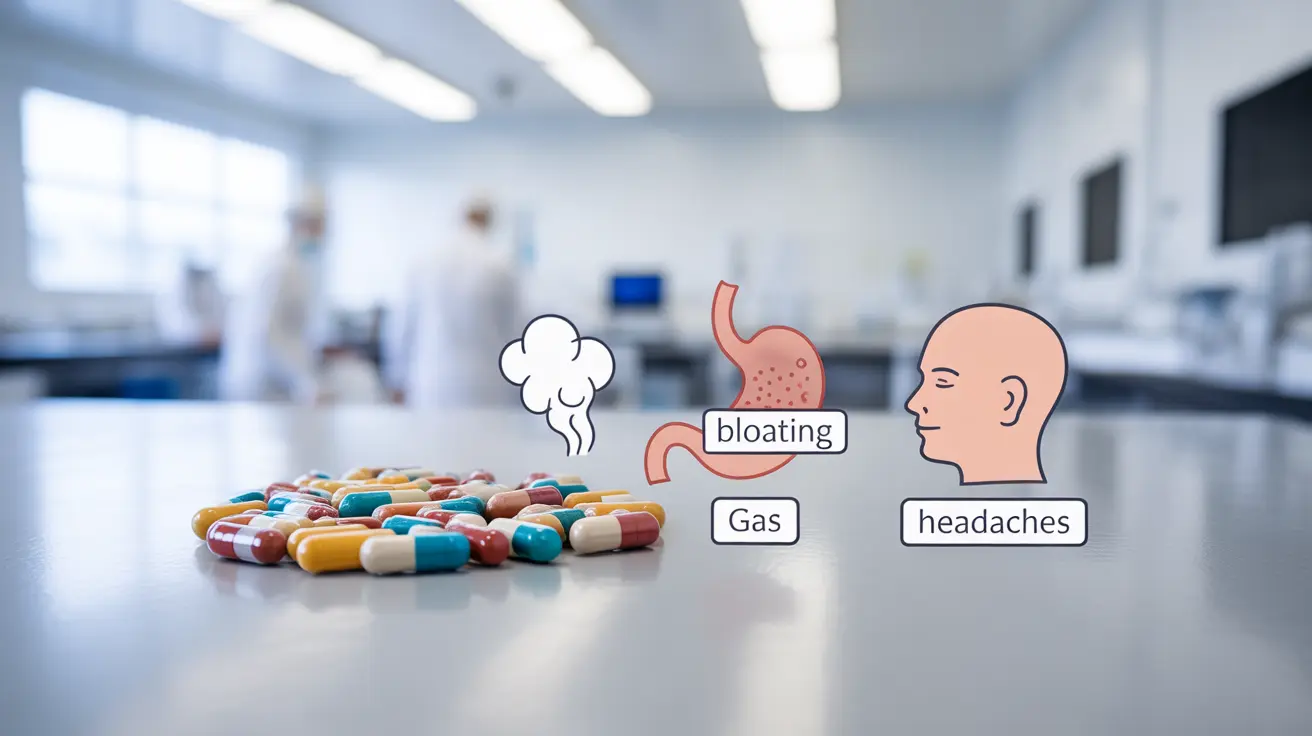While probiotics offer numerous health benefits, taking too many can lead to unexpected side effects and discomfort. Understanding the signs of excessive probiotic consumption is crucial for maintaining optimal gut health and preventing potential complications. This comprehensive guide will help you recognize when you might be overdoing it with probiotics and what steps to take.
Common Warning Signs of Probiotic Overuse
Recognizing the early signs of taking too many probiotics can help you adjust your intake before more serious issues develop. Here are the key indicators to watch for:
Digestive Disturbances
The most immediate signs often appear in your digestive system. You may experience bloating, gas, or stomach rumbling. These symptoms typically occur as your gut microbiome adjusts to the increased bacterial population. While mild symptoms are normal when starting probiotics, persistent or severe discomfort may indicate you're taking too much.
Temporary Changes in Bowel Habits
An excess of probiotics can significantly affect your bowel movements. You might notice increased frequency of bowel movements or, conversely, constipation. These changes usually normalize once you adjust your probiotic intake to an appropriate level.
Headaches and Brain Fog
Some people report experiencing headaches or mental fogginess when taking too many probiotics. This can occur due to the production of amines (compounds produced during fermentation) by probiotic bacteria, particularly when present in large numbers.
Managing Probiotic Side Effects
If you're experiencing discomfort from probiotic use, consider these adjustment strategies:
- Reduce your dosage temporarily
- Take probiotics with meals instead of on an empty stomach
- Switch to a different probiotic strain
- Space out your probiotic intake throughout the day
High-Risk Groups and Contraindications
Certain individuals should exercise extra caution with probiotic supplementation:
- People with compromised immune systems
- Those with serious underlying health conditions
- Individuals recovering from surgery
- People with severe allergies or sensitivities
When to Seek Medical Attention
Some symptoms warrant immediate medical consultation:
- Severe abdominal pain
- Persistent fever
- Signs of allergic reaction
- Extreme changes in bowel habits
- Unusual skin reactions
Frequently Asked Questions
What are the common signs that you are taking too many probiotics?
Common signs include digestive discomfort, bloating, gas, changes in bowel movements, headaches, and brain fog. These symptoms typically indicate that you need to adjust your probiotic intake.
How can I reduce or manage digestive side effects from probiotics?
To manage side effects, try reducing your dosage, taking probiotics with food, choosing a different strain, or spacing out your doses throughout the day. Start with a lower dose and gradually increase it as your body adjusts.
Who should avoid probiotics due to increased risks of serious side effects?
People with compromised immune systems, serious underlying health conditions, those recovering from surgery, and individuals with severe allergies should consult their healthcare provider before taking probiotics, as they may be at higher risk for complications.
When should I stop taking probiotics and seek medical advice?
Seek immediate medical attention if you experience severe abdominal pain, persistent fever, signs of allergic reaction, extreme changes in bowel habits, or unusual skin reactions while taking probiotics.
Can taking too many probiotics cause allergic reactions or other uncommon symptoms?
Yes, excessive probiotic intake can potentially trigger allergic reactions in some people, including skin rashes, itching, or swelling. Other uncommon symptoms might include histamine intolerance reactions or severe digestive disturbances.
Understanding these warning signs and taking appropriate action can help you maintain a healthy relationship with probiotic supplementation while avoiding potential complications.




